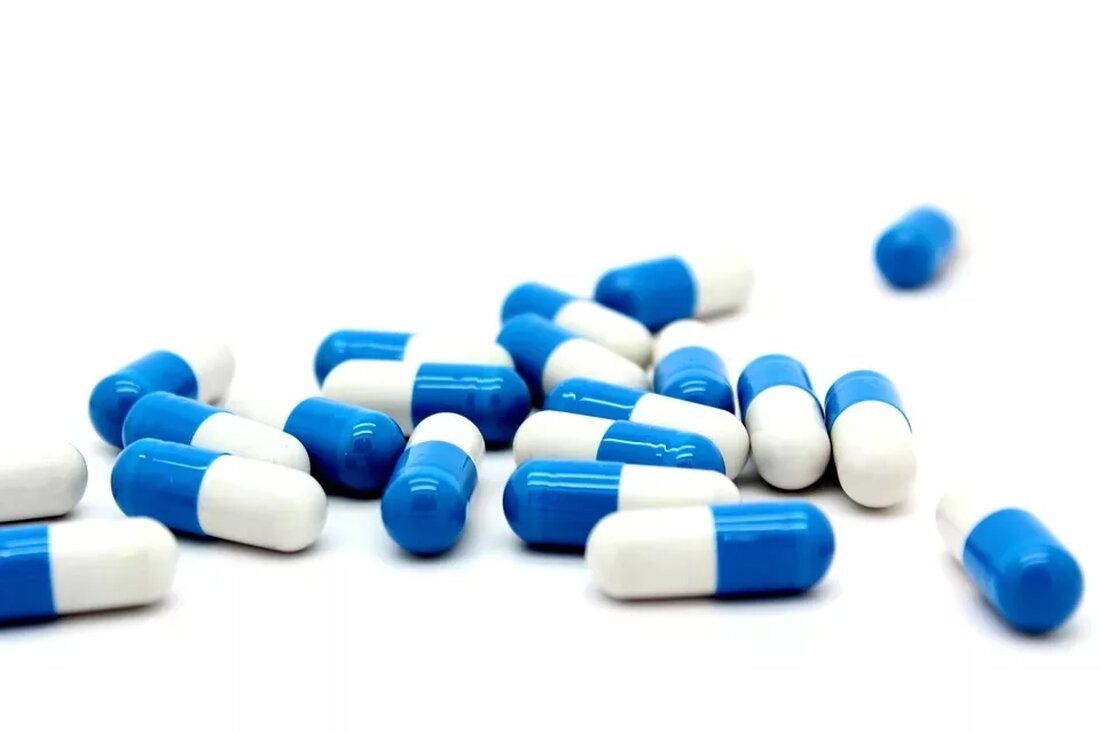Supplements for Athletes: A Guide
Nutritional Supplements for Athletes: A Guide In today's world, more and more people are looking for ways to improve their athletic performance. One way to achieve this is by using nutritional supplements. These products can help athletes reach their goals faster and support their health. In this guide, we'll highlight some of the top nutritional supplements for athletes and explain their potential benefits. Protein Powder Protein is one of the most important nutrients for muscle building and post-workout recovery. Protein powders are a popular choice for athletes as they provide a convenient and effective way to meet protein needs. It...

Supplements for Athletes: A Guide
Supplements for Athletes: A Guide
These days, more and more people are looking for ways to improve their athletic performance. One way to achieve this is by using nutritional supplements. These products can help athletes reach their goals faster and support their health. In this guide, we'll highlight some of the top nutritional supplements for athletes and explain their potential benefits.
Protein powder
Protein is one of the most important nutrients for muscle building and post-workout recovery. Protein powders are a popular choice for athletes as they provide a convenient and effective way to meet protein needs. There are different types of protein powders on the market, including whey protein, casein protein, and plant-based proteins such as soy or pea protein.
Whey protein is one of the most commonly used protein sources among athletes. It has a high biological value and contains all the essential amino acids that the body needs to build muscle mass. Casein protein is digested more slowly and can provide a long-lasting supply of amino acids, while plant-based proteins are a good option for vegans or those with lactose intolerance.
It is recommended to take protein powder immediately after training to promote muscle building and reduce recovery time. The exact dosage and type of protein powder may vary depending on individual needs. It is advisable to seek advice from a nutritionist or sports doctor to make the right choice.
Creatine
Creatine is a substance that occurs naturally in the body and plays an important role in supplying muscles with energy. Taking creatine has been shown to improve physical performance during short-term, high-intensity exercises such as weight lifting and sprinting.
Creatine is particularly popular among strength athletes because it can support muscle building and improve the ability to do high-intensity work. It can also help reduce recovery time between workouts.
The recommended dosage of creatine is usually 3-5 grams per day. However, a doctor should be consulted before taking creatine, especially if you have previous illnesses or are taking other medications.
Omega-3 fatty acids
Omega-3 fatty acids are essential fatty acids that play an important role in maintaining overall health. They are also beneficial for athletes because they can reduce inflammation and aid recovery after exercise.
Fish oil is one of the best sources of omega-3 fatty acids. It contains the two most important fatty acids EPA (eicosapentaenoic acid) and DHA (docosahexaenoic acid), which have anti-inflammatory properties and can improve joint health.
It is recommended to consume at least 2-3 grams of omega-3 fatty acids per day to reap the health benefits. The exact dosage may vary depending on individual needs.
Multivitamin supplements
Multivitamin supplements are dietary supplements that contain a mixture of different vitamins and minerals. They can help athletes fill any nutritional gaps and support their overall health.
It is important to note that dietary supplements cannot replace a healthy diet. They should be viewed as a supplement to a balanced diet rather than a primary source of nutrients.
Conclusion
Nutritional supplements can help athletes improve their athletic performance and support their health. Protein powder, creatine, omega-3 fatty acids, and multivitamin supplements are some of the most popular and effective options for athletes.
It is important to stick to the recommended dosages and seek advice from a professional to make the right choice of supplements. A balanced diet and regular physical activity should always be the basis for optimal sporting performance.

 Suche
Suche
 Mein Konto
Mein Konto
